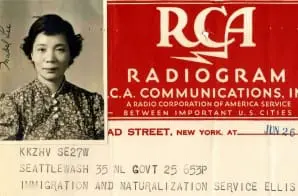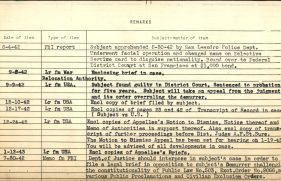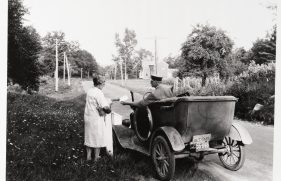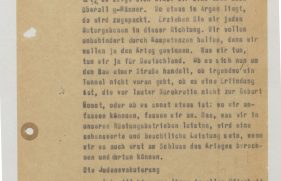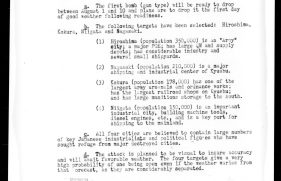This radio telegram confirmed for the Immigration and Naturalization (INS) Service that Mabel Lee had boarded the steamer Yokohama Maru on October 20, 1929, corroborating what Lee had told the INS in an immigration interview conducted when Lee wanted to travel abroad in 1937. The telegraph comes from Lee’s Chinese Exclusion Act case file.
Dr. Mabel Ping-Hua Lee was required to apply for a permit to reenter the United States before departing the country per the Immigration Act of 1924. Even before then, according to the 1882 Chinese Exclusion Act, Chinese residing in the United States had to have a permit to reenter if they left the United States.
Lee, who immigrated to New York as a child from China, was involved with missionary work and participated in the fight for women’s voting rights. She was the first Chinese woman to earn a Ph.D. from Columbia University (and is believed to be the first woman to earn a doctorate from Columbia.)
The Chinese Exclusion Act limited rights of Chinese American laborers and prevented Chinese immigrants from becoming citizens. Under this act, Lee was not a citizen, and therefore was unable to vote. Yet she and others still fought for universal suffrage even without the ability to benefit directly from its success.
An outspoken feminist, Lee began writing and speaking publicly about woman suffrage while a teenager. In May 1912, she led a contingent of Chinese and Chinese American women in a New York City suffrage parade. However, her inability to gain citizenship left her unable to vote when New York granted women the right to vote in 1917 and after the 19th Amendment was ratified in 1920.
